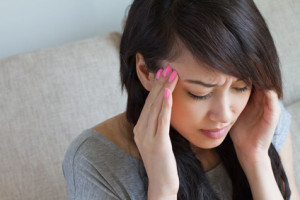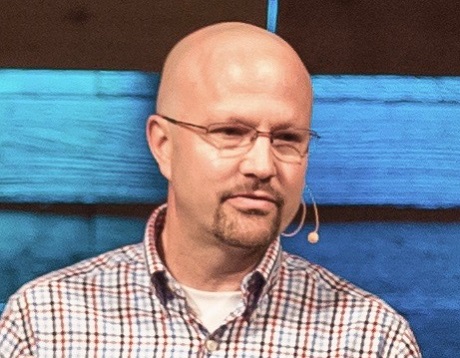- Calls to this hotline are currently being directed to Within Health or Eating Disorder Solutions
- Representatives are standing by 24/7 to help answer your questions
- All calls are confidential and HIPAA compliant
- There is no obligation or cost to call
- Eating Disorder Hope does not receive any commissions or fees dependent upon which provider you select
- Additional treatment providers are located on our directory or samhsa.gov
Eating Disorders and Anxiety: What Tools Are Available to Help?

Eating disorders and anxiety often occur together. One study found 53% of patients with eating disorders were also diagnosed with anxiety [1]. Another group of researchers concluded that those diagnosed with anxiety by age 10 may be more likely to develop an eating disorder than others [2].
The thoughts, feelings, and sensations associated with an urge to use eating disorder behaviors can feel similar. Both can include racing thoughts, nervous energy, a pit in the stomach. For those who feel compelled to use restrictive behaviors, anxiety will spike when they must resist those behaviors.
Learning to access and use tools that help with feelings of anxiety will make a recovery much more likely. Here are several tools you might consider.
Eating Disorders and Anxiety
Medication for Anxiety
Most professionals who work with eating disorders recommend working with a therapist, dietitian, family doctor, and psychiatrist. Talk with this team about your anxiety and ask if medication might be right for you.
Call Reasons Eating Disorder Center for Help 855-997-6505
Finding the right medication can be a tremendous help in making symptoms more bearable and allow you to focus on other aspects of recovery.
But don’t rely solely on medication. Anxiety feels a lot like being out of control. Taking active steps to manage the anxiety will feel like you are taking back at least one part of your life.
Write About It
One practical way to do this is to write about your anxiety. Can’t sleep because your mind is racing? Can’t stop thinking about something that upsets you? Take a few minutes and write down your anxious thoughts because journaling is an excellent tool for coping with anxiety [3].
Make a To-Do List
Anxiety can result from feeling overwhelmed with too much to do. Here’s how:
- Write down the items you feel anxious about in two columns; “what I can control” and “what I can’t control.”
- Make a to-do list based on the things you can control.
- Start working on the items, one at a time and remind yourself, “I can only do one thing at a time.”
Breathing Exercises for Eating Disorders and Anxiety

There are several apps and websites such as calm.com which will teach you how to do this.
Be Proactive with Urges
Because urges and anxiety can feel so much alike, learning to take steps like those taught on URGE911.com can help you feel safer, calmer, and more present.
Feeling anxious right now? Take a moment, breathe, and try one of these approaches. You’ll be glad you did.
References:
[1] Ulfvebrand, S., Birgegard, A., Norring, C., Hogdahl, L., & von Hausswolff-Juhlin, Y. (2015). Psychiatric comorbidity in women and men with eating disorders results from a large clinical database. Psychiatry Research, 230(2), 294-299. [2] Schaumberg, K., Zerwas, S., Goodman, E. L., Yilmaz, Z., Bulik, C. M., & Micali, N. (2019). Anxiety disorder symptoms at age 10 predict eating disorder symptoms and diagnoses in adolescence. Journal of Child Psychology and Psychiatry, 60(6), 686-696. [3] https://www.verywellmind.com/journaling-a-great-tool-for-coping-with-anxiety-3144672About Our Sponsor:

About the Author:

This includes special interest in helping those with compulsive and addictive behaviors such as internet and screen addiction, eating disorders, anxiety, and perfectionism. Specifically, he has worked with eating disorders since 2003 and has learned from many of the field’s leading experts. He has worked with hundreds of individuals facing life-threatening eating disorders in all levels of treatment. Travis’ website is wtravisstewart.com
The opinions and views of our guest contributors are shared to provide a broad perspective on eating disorders. These are not necessarily the views of Eating Disorder Hope, but an effort to offer a discussion of various issues by different concerned individuals.
We at Eating Disorder Hope understand that eating disorders result from a combination of environmental and genetic factors. If you or a loved one are suffering from an eating disorder, please know that there is hope for you, and seek immediate professional help.
Published September 23, 2019, on EatingDisorderHope.com
Reviewed & Approved on September 23, 2019, by Jacquelyn Ekern MS, LPC
